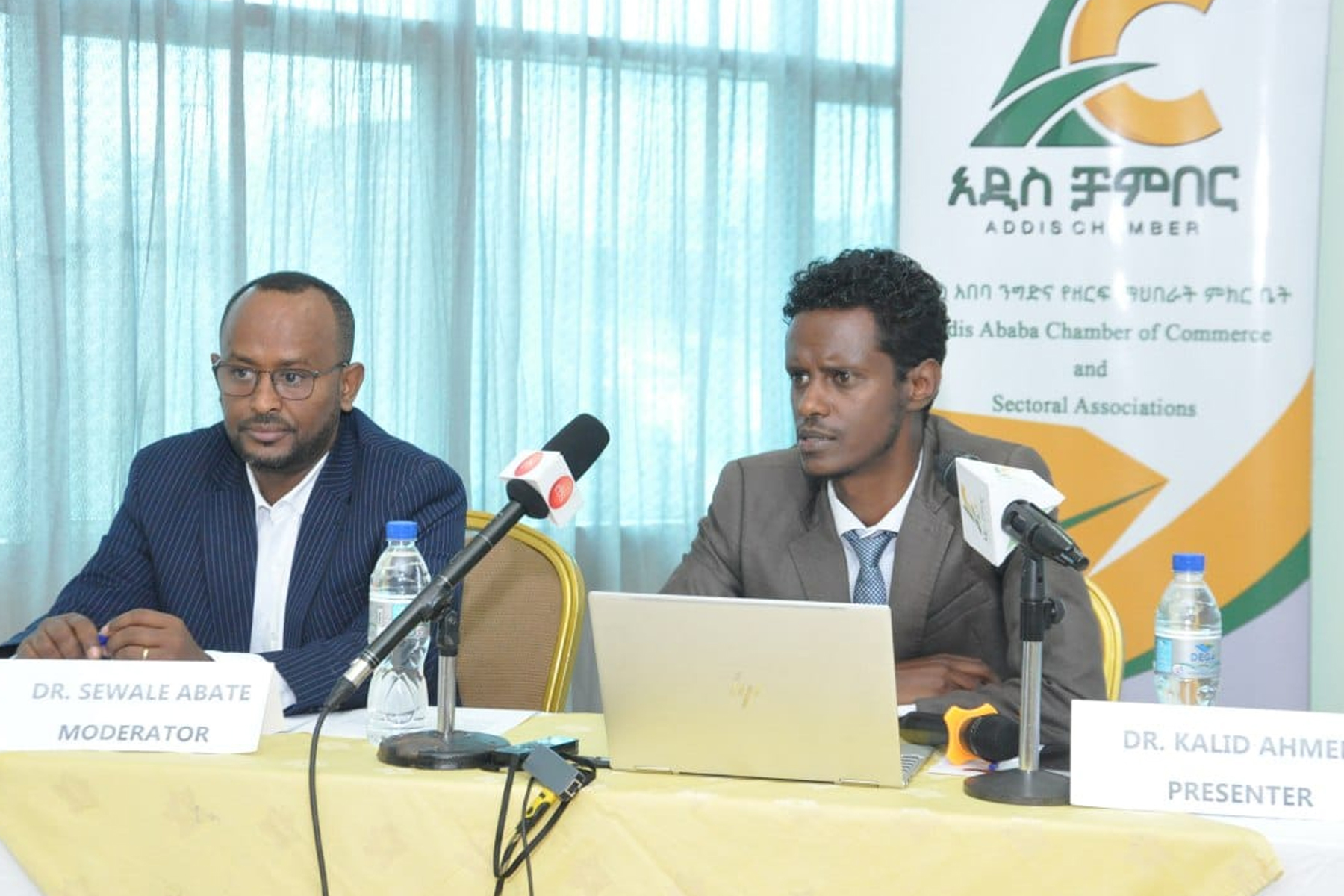
Poor policy set-ups for credit scoring and intellectual property rights were identified as areas requiring significant overhauls to increase finance for Micro, Small and Medium Enterprises (MSMEs) in a study presented by the Center For International Private Enterprise (CIPE), urging for digital finance. It was revealed at an event organised by the Addis Abeba Chamber of Commerce & Sectoral Association at the Interlexury Hotel on Zewditu St last week. Khalid Ahmed, one of the authors, indicated that Ethiopia's unaddressed financial gap stands at around 32.7 billion dollars, which has been one of the constraints on the Ease of Doing Business. "Most institutions avoid risk and rely on collateral," he said. Khalid further noted that inadequate regulatory frameworks in intellectual property rights exacerbate financial institutions' reluctance to lend to start-ups. He recognised the ratification of the data protection proclamation as a critical milestone in attracting foreign investment. The latest World Bank ease of doing business index ranks Ethiopia 159th out of 190 countries. CIPE's study highlighted the necessity of creating financial institutions capable of providing non-collateral-based financing to expand competitive businesses. The possible entry of foreign banks into the country was also cited as a positive development in Ethiopia's economic trajectory.
[ssba-buttons]